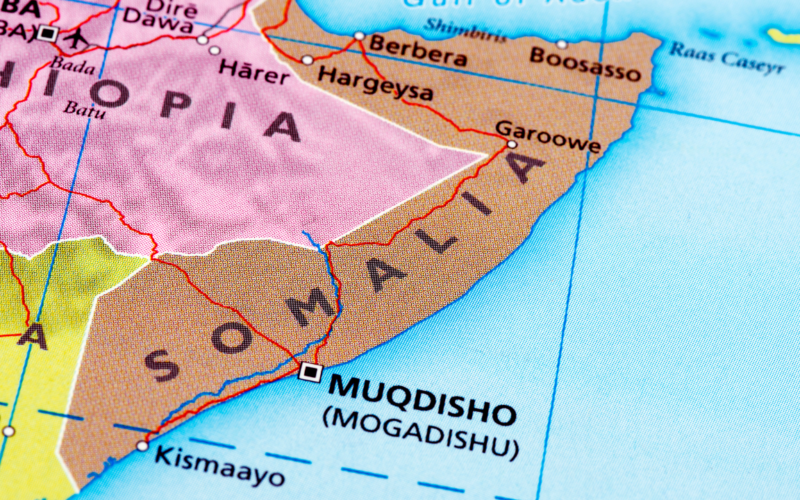It was 27th October, 2008 and I was participating in a conference in Nairobi. At around the same time a few thousand people were gathering in the football stadium in Kismayo, a Somali town less than two hundred kilometres away from Kenya. Soon several pickup trucks carrying Islamist militants pulled up at the stadium. A young girl was forcibly pulled out of one of the pickups and was dragged to a hole that was dug for her. The girl ceaselessly cried and implored for mercy as she hopelessly struggled to set free. “What do you want from me?” she asked. Then she shouted “I’m not going, I’m not going. Don’t kill me.” A relative and some others surged forward to try and save her and the militants opened fire, killing a small boy. Soon the girl was buried up to her neck in the hole. It took a while as the girl frenetically laboured to crawl out of the hole. Then a truckload of rocks was brought in and dozens of men surrounded the girl to stone her. A few minutes later they set about pelting the girl with the rocks brought in for this purpose and the spectators watched on. She was removed from the hole three times and even when a nurse confirmed that she was dead, her body was put back in the hole and the stoning continued.
The girl stoned to death was a thirteen year old child, Aisha Ibrahim Duhulow. While walking to see her grandmother, Aisha Ibrahim Duhulow was abducted and raped by three men. Her family reported it to the al-Shabab militia that ruled the city, hoping for justice. No effort was made to identify or apprehend the rapists. Instead, the child was accused of adultery under Sharia, the legal code of Islam, and was sentenced to death by stoning. None of the men who raped her was arrested or tried. This was a death foretold the moment the child sought justice.
Why am I remembering all this now? The answer is that I was completely shocked on hearing this happening next door during my travel to Kenya. While watching an interview of her relatives on a French channel a few days after the child’s murder, I remember her father saying that the child had turned 13 in July, a couple of months before she was stoned to death. Hence, I write in the memory of a child who will have turned into an adult next week if she were alive. Though still poor in all likelihood, but alive.
I remember the feeling I had when my daughter turned eighteen and there is no reason why Aisha’s father would have felt any different. Daughters mean the same to all fathers, don’t they? But that was not to be as she suffered an unspeakable double horror in the trauma and torture of being raped by three beasts followed by her brutal slaughter at the hands of those who she had gone to in search of justice. “She hadn’t even reached the age to be married, what law convicts a 13-year-old of adultery?” I vividly recall her distraught father saying. Aisha’s father said his daughter had begged for her life. Being blessed with two delightful daughters, I could feel the pain of her father -who meant the same security to his daughter as do we to ours- having to watch his child being lynched in front of his own eyes. I can imagine how every day for the rest of his life he can feel the earth as it sneaks up his daughter’s body, see the rocks in the hands murdering his child, and hear the girl screaming her innocence in the hope to live as her bones break and the flesh rips under the raining rocks.
Let us remember Aisha Ibrahim Duhulow and the many other women and children who suffer senselessly in our world at the hands of ruthless laws, militants, insurgents, and very often even family members. Aisha’s murder shook me to realize that each of us has a duty to get involved practically in whatever manner possible and at any level in the fight for human rights. Aisha’s image and her mother’s sobbing remind me of the fight every now and then. I owe it to her and to every other human being abused, tortured, oppressed, and murdered for their beliefs, gender or any other reason to not to just philosophize, read, and do nothing.







